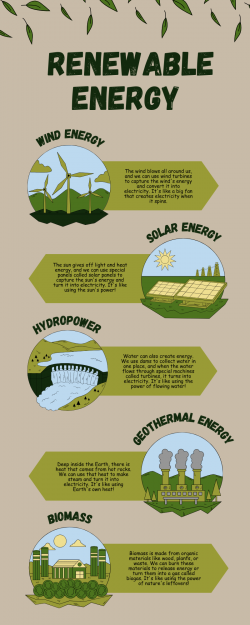Oneal Omatseye Lajuwomi | 5 Benefits of Using Solar Energy
In today’s rapidly evolving energy landscape, the quest for sustainable and renewable energy sources is more critical than ever. Oneal Omatseye Lajuwomi, a noted advocate for environmental sustainability, has been at the forefront of promoting solar energy as a viable solution to the world’s growing energy needs. Here, we explore five significant benefits of using solar energy, drawing on Lajuwomi’s insights and expertise.
1. Environmental Sustainability
One of the most compelling benefits of solar energy, as emphasized by Oneal Omatseye, is its positive impact on the environment. Unlike fossil fuels, solar energy is a clean, renewable source of power that significantly reduces greenhouse gas emissions and pollution. By harnessing the power of the sun, we can reduce our dependence on finite resources, such as coal and oil, and move towards a more sustainable and eco-friendly future.
2. Cost Savings
Switching to solar energy can result in substantial cost savings over time. While the initial investment in solar panels and installation can be high, the long-term benefits outweigh these upfront costs. Solar energy systems typically have low maintenance requirements and can significantly reduce or even eliminate electricity bills. Additionally, many governments and local authorities offer incentives, tax credits, and rebates for solar installations, further enhancing the financial benefits.
3. Energy Independence
Oneal Omatseye Lajuwomi highlights energy independence as a crucial advantage of adopting solar energy. By generating electricity on-site, individuals and businesses can become less reliant on external power sources and utility companies. This independence not only provides a sense of security and stability but also protects against fluctuating energy prices and supply disruptions. In regions prone to power outages, solar energy systems equipped with battery storage can ensure a continuous power supply.
4. Job Creation and Economic Growth
The solar energy sector is a significant driver of job creation and economic growth. Lajuwomi points out that the installation, maintenance, and manufacturing of solar energy systems create numerous employment opportunities. As the demand for solar energy continues to rise, so does the need for skilled workers in this field. This growth can stimulate local economies, promote technological innovation, and provide a pathway to a more resilient and sustainable economy.
5. Technological Advancement and Scalability
Solar energy technology has seen remarkable advancements in recent years, making it more efficient and accessible than ever before. Innovations in solar panel design, energy storage, and grid integration have enhanced the performance and scalability of solar energy systems. Oneal Omatseye emphasizes that these technological advancements enable solar energy to be deployed in a wide range of applications, from residential rooftops to large-scale solar farms, making it a versatile solution for various energy needs.
Conclusion
The benefits of using solar energy are numerous and far-reaching, from environmental sustainability and cost savings to energy independence, job creation, and technological advancement. Oneal Omatseye Lajuwomi’s advocacy for solar energy highlights the importance of embracing this renewable resource as a key component of our energy future. By investing in solar energy, we can pave the way for a cleaner, more sustainable, and economically prosperous world.
In the words of Lajuwomi, “The sun provides more energy than we could ever use, and tapping into this abundant resource is not just a smart choice—it’s a necessary step towards a brighter, greener future.”






















